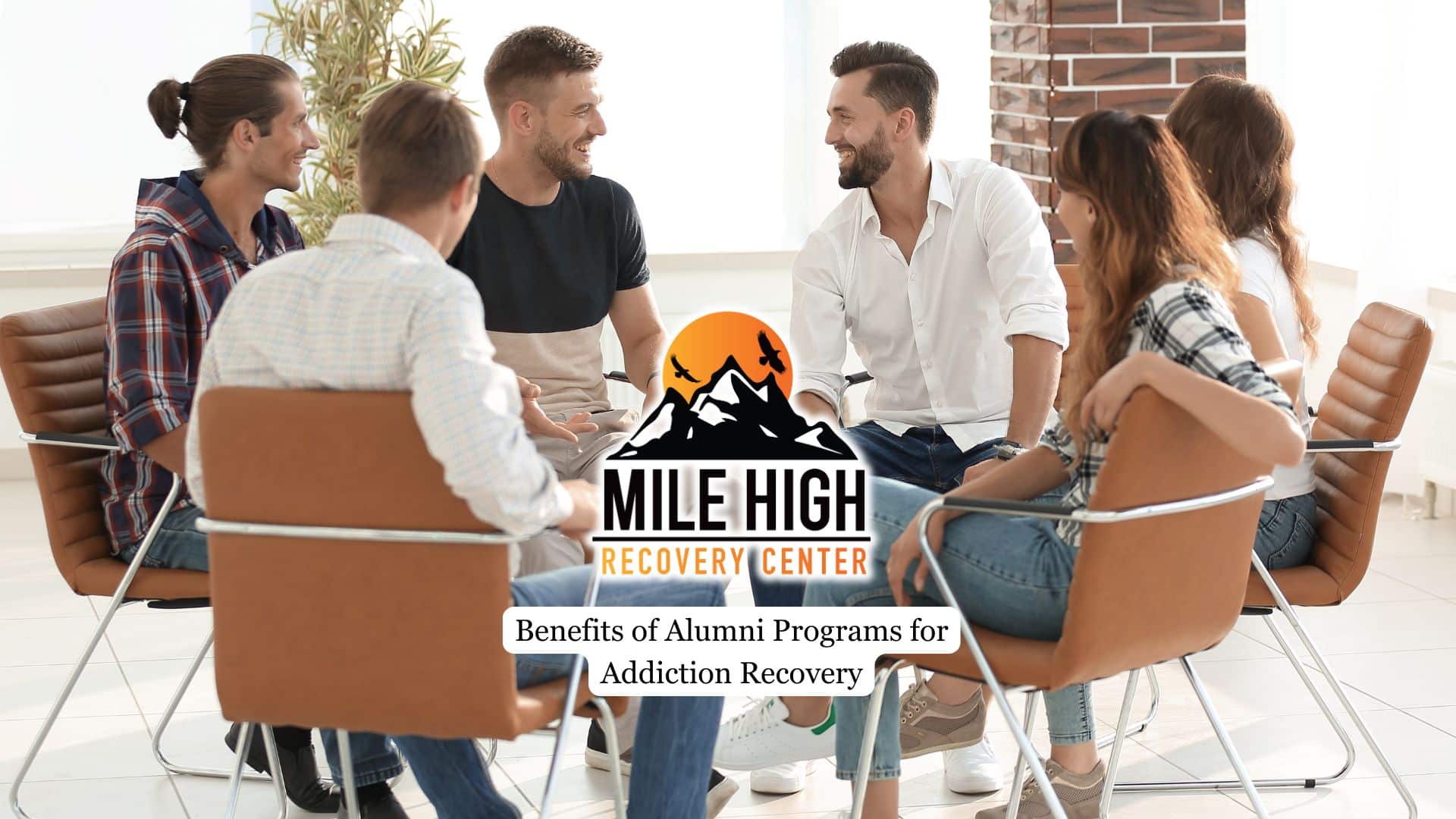Addiction recovery is a long-term process that does not end with the completion of a rehabilitation program. Sustaining sobriety often requires continued access to support systems, community, and accountability.
In this article, we will explore how alumni programs provide a structured way to extend this support, offering individuals who have completed treatment an ongoing connection to resources and peers in recovery.

Understanding Alumni Programs in Addiction Recovery
An alumni program is an outpatient post-treatment support network created for individuals who have graduated from an addiction rehab. Its primary purpose is to extend the continuum of care by offering ongoing resources and opportunities for engagement. They typically include regular meetings, social gatherings, educational workshops, and service opportunities.
When you join an alumni program in CO, you gain access to a supportive community that can help reduce feelings of isolation and promote a sense of belonging. Those peer support gatherings serve as a bridge between structured treatment and independent recovery, reinforcing coping strategies and life skills learned in rehabilitation while lowering the risk of relapse.
How Alumni Programs Support Long-Term Recovery
Continuous Emotional and Peer Support
Gatherings with other people who have completed rehab provide an environment where participants can share challenges, recognize progress, and connect with others who have undergone similar experiences. Research on peer-based support indicates that these connections may reduce feelings of isolation and increase encouragement, both of which are associated with maintaining long-term sobriety.
Extension of the Continuum of Care
Recovery is widely recognized as an ongoing process rather than a single event. Alumni programs function as an extension of treatment by maintaining access to recovery-oriented resources and therapeutic support after formal rehabilitation has ended. In many cases, they collaborate with treatment providers to ensure participants can receive professional guidance when needed.
Accountability and Structure
Consistent structure plays an important role in relapse prevention. Alumni networks promote accountability through scheduled meetings, progress monitoring, and goal-setting activities. Regular participation helps individuals remain engaged with their goals and provides external motivation to sustain long-term progress.
Reinforcement of Coping Skills
Skills learned in treatment, such as managing stress, preventing relapse, and improving communication, are reinforced through group activities. Group discussions and educational workshops allow participants to practice and refine these strategies, making them more effective when applied to real-world challenges.

Development of a Sober Social Network
Rebuilding social networks is often a critical component of recovery. Alumni support groups facilitate connections with peers who are also committed to sobriety, offering alternatives to social groups that may have been linked to substance use. These supportive networks provide opportunities for healthy relationships and reduce exposure to high-risk environments.
Opportunities for Personal Growth
Many alumni programs offer leadership roles, volunteer projects, and community service opportunities. These activities can help participants develop a sense of purpose, strengthen social connections, and build confidence in their ability to maintain sobriety over the long term.
Commonly Offered Activities
- Regular Meetings: Structured gatherings for sharing progress and challenges.
- Recreational Outings: Group activities such as hiking, sports, or cultural events that promote fellowship in a sober setting.
- Educational Workshops: Sessions focused on relapse prevention, health, and life skills.
- Community Service: Volunteer opportunities that encourage giving back and building purpose.
- Celebration Events: Recognition of recovery milestones, anniversaries, and other achievements.
Final Thoughts from Mile High Recovery
Alumni programs represent an important component of the recovery process, extending the benefits of treatment into long-term support. Offering ongoing peer connection, accountability, skill reinforcement, and opportunities for personal development are how they help reduce relapse risk and support individuals in building stable, substance-free lives.
At Mile High Recovery, we offer an alumni program in Denver, designed for individuals who have completed rehab treatment. It provides a structured way to stay involved, connected, and supported as you continue to strengthen your sobriety journey. By maintaining these ongoing connections, alumni are better equipped to navigate challenges and celebrate progress.







